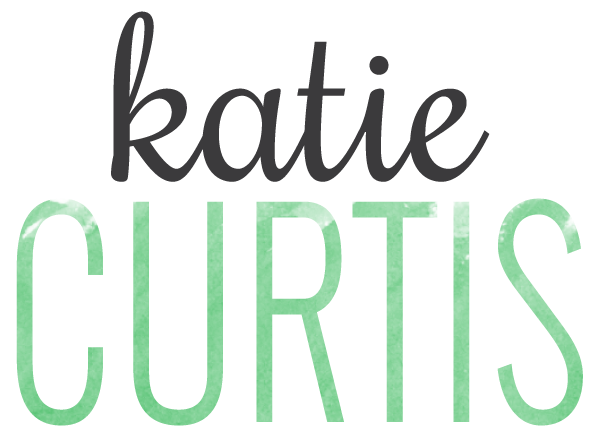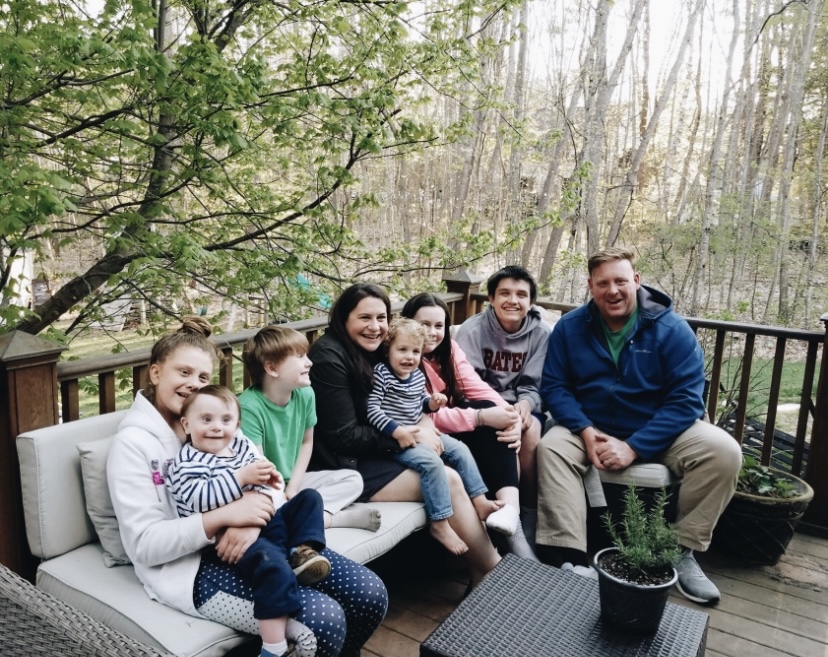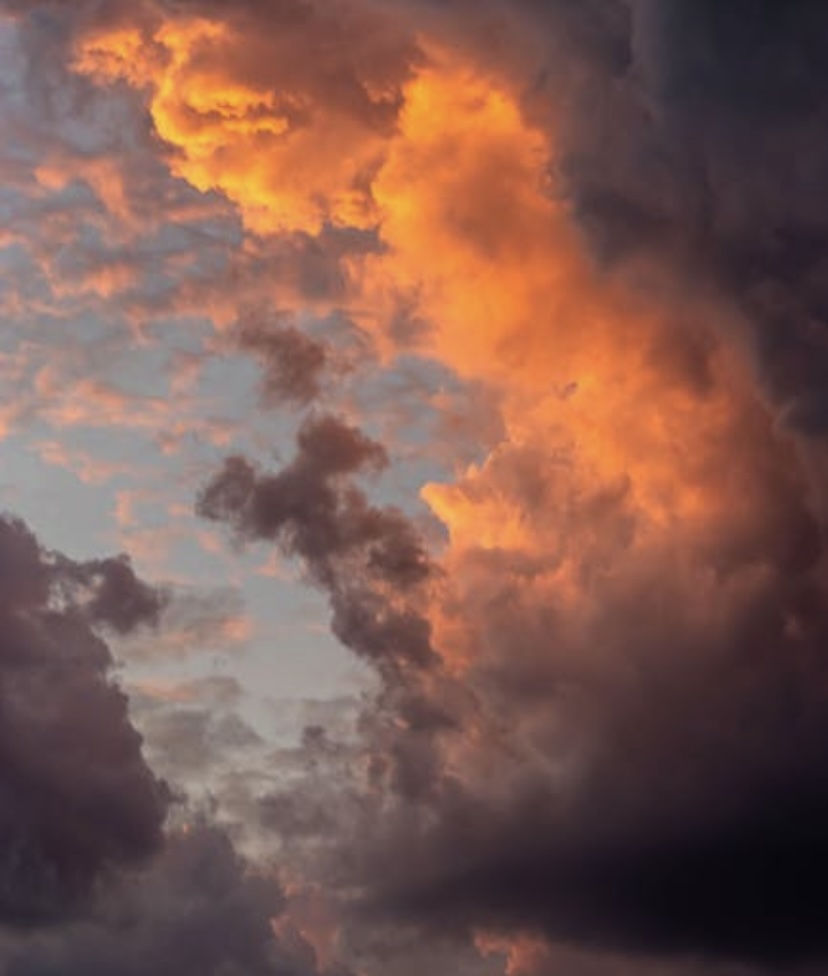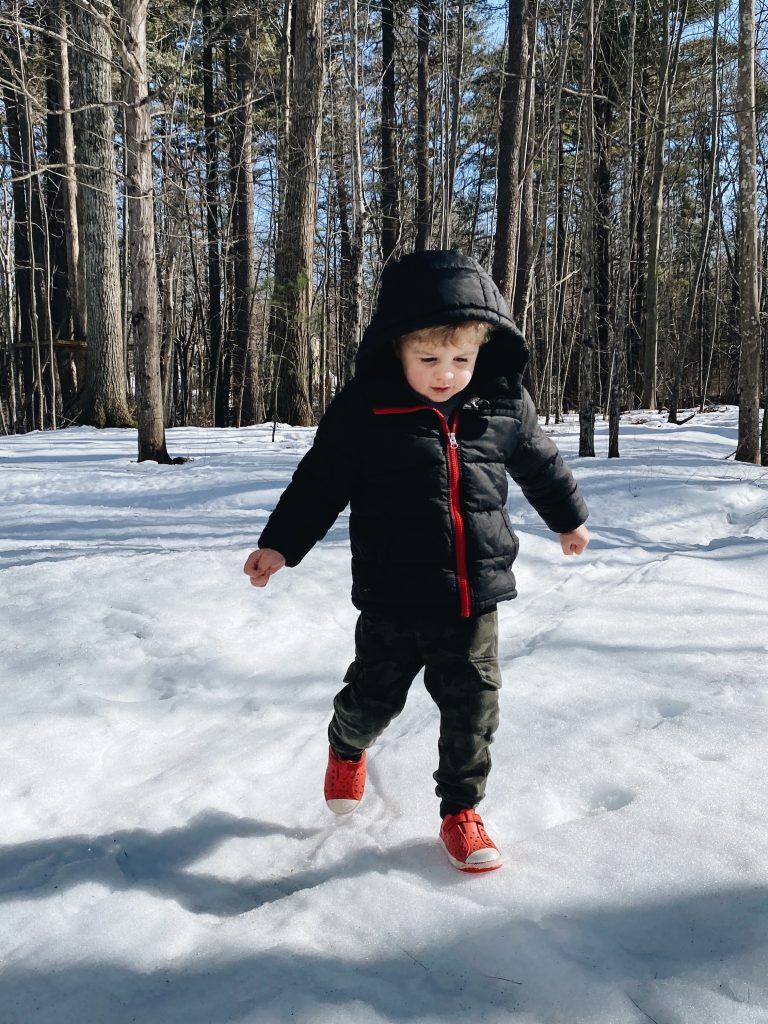What I Learned This Lent

This Lent I had big plans. Big plans. I was going to stare down those things that held me back from being who God made me to be. I was going to conquer those habits, those sins, those pesky human weaknesses once and for all.
And once again, I am reminded that I don’t conquer anything. He does. On his time table.
I just finished the beautiful book The Book of Waking Up: Experiencing the Divine Love that Reorders a Life by Seth Haines, and of the many books I have read over this Lent, it was the one I needed most.
Because it reminded me of what I need most. Divine Love. Putting it first. Putting all creation, all created goods second to that love. Drinking from it when I feel pain, loss, and fear. It is always there, waiting for us.
Have you ever noticed when God is trying to hammer home a point, when he really wants you to understand something he sends it in multiple ways? This ordering in our hearts point has been every where I look. I found it as I finished Searching for and Maintaining Interior Peace by Fr. Jaques Philippe, where he quotes several saints and spiritual directors that echoed this message of turning to the Divine love quickly after we fall. From Fr. Francois Libermann:
When we always see the same faults in ourselves, let us remain in our lowliness before Him. Let us open our souls to Him so that He may see our wounds and our scars that it may please Him to heal us when and as He desires...
The more we are dependent on him, the more our souls acquire grandeur, beauty and glory, so much so that we can heartily glory in our infirmities. The greater our infirmities, the greater, too, our joy and happiness, because our dependence on God becomes that much more necessary.
From Padre Pio:
Peace is the simplicity of spirit, the serenity of conscience, the tranquility of the soul and the bond of love. Peace is order, it is the harmony in each one of us, it is a continual joy that is born in witnessing a clear conscience, it is the holy joy of a heart wherein God reigns.
When I started the Bible in a Year podcast with Fr. Mike Schmitz, right out of the gate, the story of Adam and Eve in Genesis echoes this truth too. All sin comes from enjoying a created good, a part of God’s creation, in a disordered way. The apple was good for food and pleasing to the eye, and it was desired to make one wise.
All sin is just substituting something for that apple: kids, jobs, sports, or as Haines writes, a coping mechanism like food, shopping, drinking, Netflix, Instagram – and putting it ahead of our God. But it can never satisfy, because our hearts were created to love and be loved by Him.
Then we are like Adam and Eve after they ate the apple. We hide from God in our shame, and we see our vulnerable state, our nakedness, and try to cover it up. Before we know it, we move farther and farther away from God if we are not aware of what’s happening.
But when we can quickly turn back to the Divine love, to God who wants to brush our sins away and keep loving us, then we stop feeling shame, and our hearts are filled to the brim once again with Divine love. When we recognize that to be weak is the human condition, we can quickly turn to compassion for ourselves, and compassion for others. Because when we are filled up by Divine love, we have more for everyone else.
Basking in that love has been the joy of this Lent. Even when I fall, even though I caved and ate popcorn last night at 10 pm, the awareness of how much he desires to be with us and walk with us and how much he loves us is so clear right now. Nothing can stand in his way if we open the door to God, not even our sin.
Talking about sin is always unpopular (see John the Baptist’s head on a platter), especially with teenagers. They see the world upholding all these created goods that are good in themselves but are valued above God in our culture. So we go back to the beginning, to the Garden. God created you for love. He wants to walk with you. He wants to spare you the pain of evil. But when we keep choosing to eat of it, when we live our lives for ourselves, by ourselves, instead of trusting him, trusting that he will take care of us, we end up shutting him out. So we just keep opening the door. We just keep sitting with Divine love, asking it to fill our hearts. And it really does satisfy, and it has been filling me with peace and joy and love and that grandeur Fr. Liebermann wrote about.
So if that’s all I do this Lent, if I turn back to God quickly and lovingly after I fall, if I keep sitting with him and drinking in his Divine love, then it will be more than enough. It will be everything.



